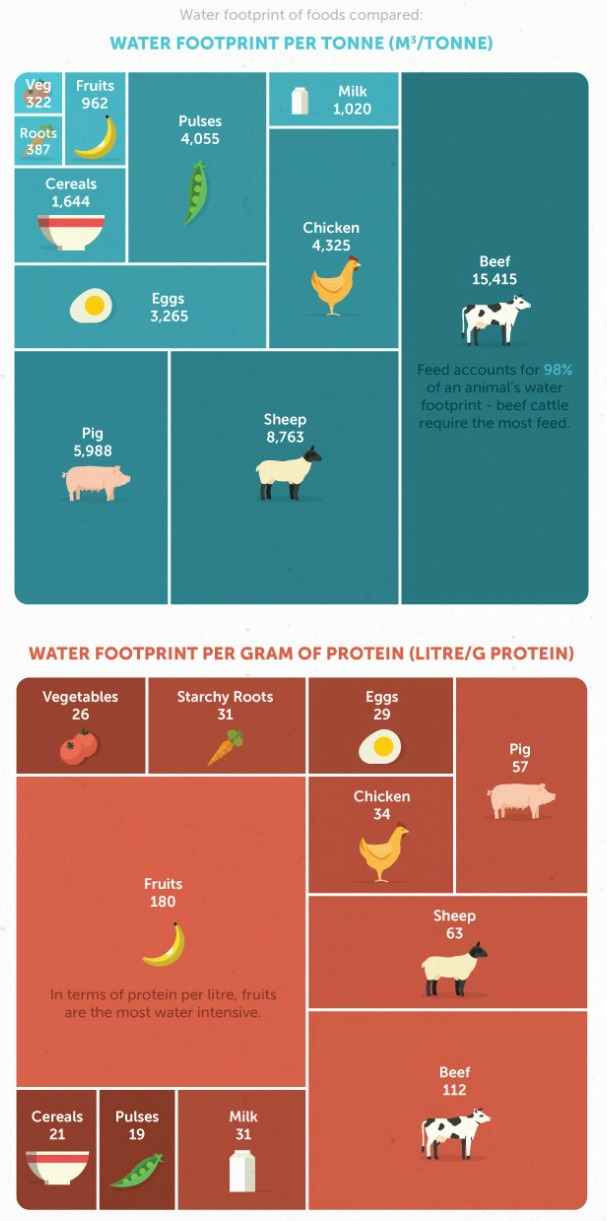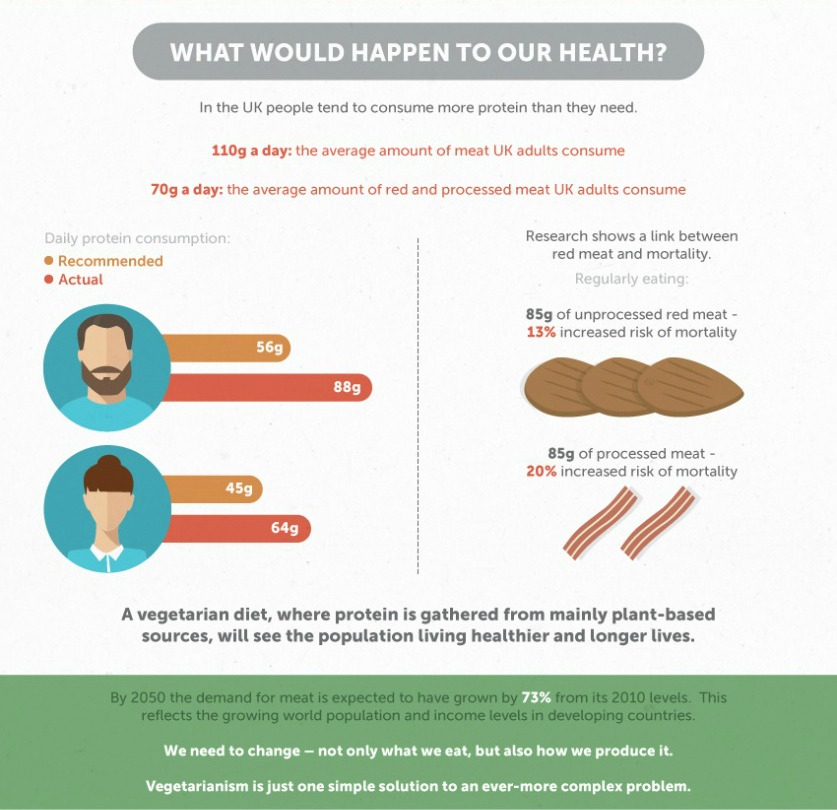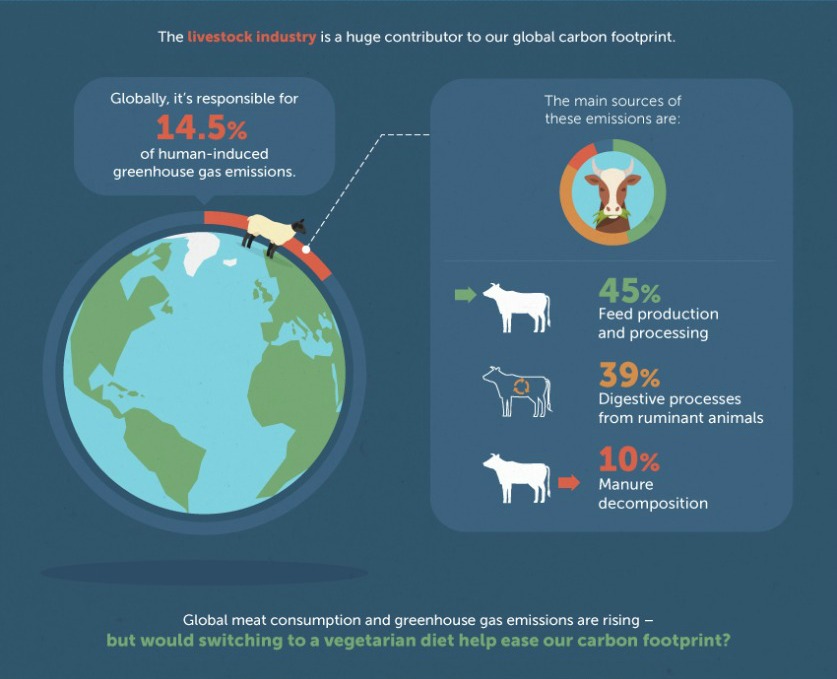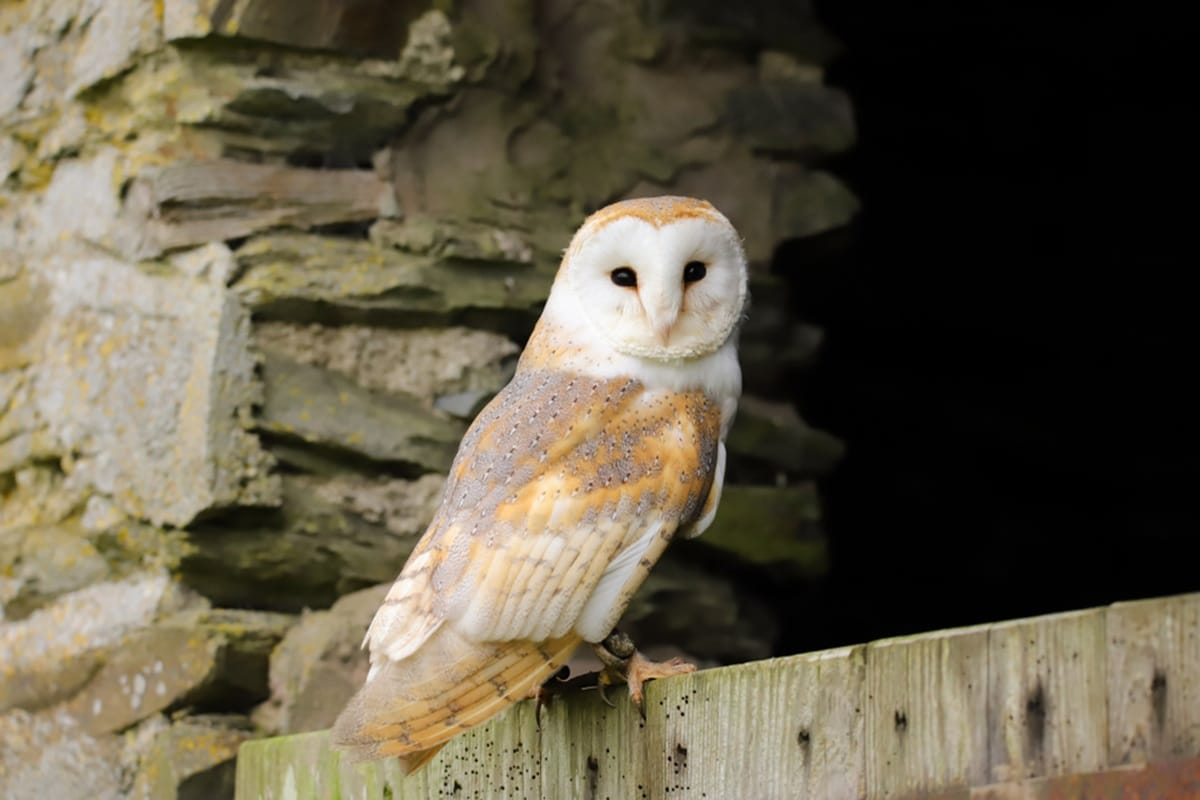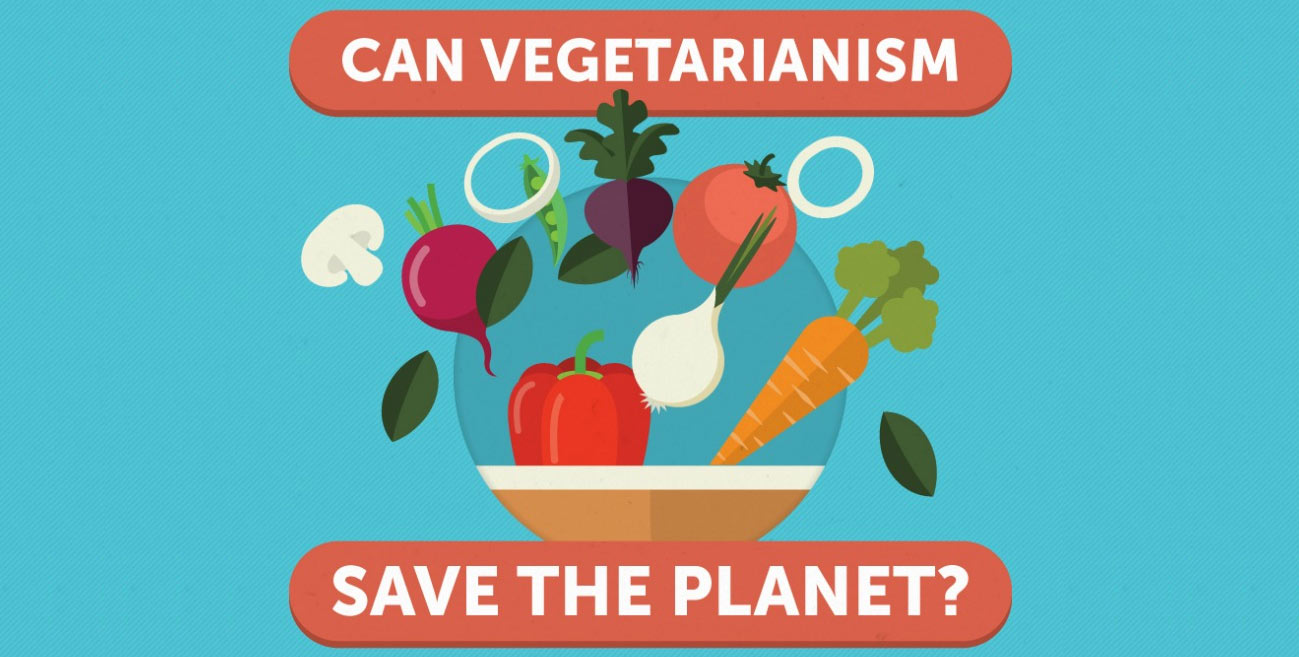
Can Vegetarianism Save The Planet? It’s a simple question with no easy answer. Animal raising – the time, effort and resources needed to nurture them for food are far above that of vegetables. There are more things to think about than just resources though, and some vegetable products such as soy can have the opposite effect. But, in an overcrowded world where resources are sacred, we must look at what would happen if we reduced our animal intake.
We hope you enjoy this infographic. if you’d like to share it, or any smaller part of it, there are embed codes and smaller segments at the bottom of this page.
Learn more about our services, such as topographical surveys here.
Thanks for reading!
We hope you enjoyed this infographic. We’re aware that this is only one of many answers to the problems raised, and we’d love to hear any counter arguments, alternate theories or data. If you have any of those things, let us know in the comments.
Below is an embed code for the whole infographic, and options to share segments of it. Please credit arbtech.co.uk in your use of the images.
Share this infographic On Your Site
Please include attribution to arbtech.co.uk with this graphic.
The Water Footprint of Different Foods
Share this infographic segment on your Site
Please include attribution to arbtech.co.uk with this graphic.
The Health effects of vegetarianism
Share this infographic segment on your Site
Please include attribution to arbtech.co.uk with this graphic.
Livestock Industry Footprint
Share this infographic segment on your Site
Please include attribution to arbtech.co.uk with this graphic.
Sources
Audsley E, Brander M, Chatterton J, Murphy-Bokern D, Webster C and Williams A (2009). How Low Can We Go? An Assessment of Greenhouse Gas Emissions from the UK Food System and the Scope to Reduce Them by 2050. WWF-UK. Gerber P J, Steinfeld H, Henderson B, Mottet A, Opio C, Dijkman J, Falcucci A and Tempio G (2013). Tackling Climate Change Through Livestock – A Global Assessment of Emissions and Mitigation Opportunities. Food and Agriculture Organization of the United Nations (FAO), Rome. Mekonnen M, Hoekstra A (2010). The Green, Blue and Grey Water Footprint of Farm Animals and Animal Products, Value of Water Research Report Series No. 48, UNESCO-IHE, Delft, the Netherlands. Mekonnen M, Hoekstra A (2012). A Global Assessment of the Water Footprint of Farm Animal Products, Ecosystems, 15: 401-415. Scarborough P, Appleby P, Mizdrak A, Briggs A, Travis R, Bradbury K and Key T (2014). Dietary Greenhouse Gas Emissions of Meat-eaters, Fish-eaters, Vegetarians and Vegans in the UK, Climate Change, 125: 179-192. Schlink A C, Nguyen M L, and Viljoen G J (2010). Water Requirements for Livestock Production: A Global Perspective, Rev. Sci. Tech. Off. Int. Epiz., 29(3), 603-619. Smil V (2013). Should We Eat Meat? (John Wiley & Sons). Stehfest E, Bouwman L, van Vuuren D P, den Elzen M G J, Eickhout B, and Kabat P (2009). Climate Benefits of Changing Diet, Climate Change, 95:83-102. How Safe Is Eating Meat? – bbc.co.uk Trends in Global CO2 Emissions, 2013 Report – edgar.jrc.ec.europa.eu How to Feed the World in 2050 – fao.org Tackling Climate Change Through Livestock – fao.org What’s Feeding Our Food? – foe.co.uk Red Meat and the Risk of Bowel Cancer – nhs.uk Protein: Page 3 – nutrition.org.uk Number of UK Vegetarians – vegsoc.org 3.4 Availability and Changes in Consumption of Animal Products – who.int
References
http://www.fao.org/ag/againfo/resources/en/publications/tackling_climate_change/index.htm http://www.who.int/nutrition/topics/3_foodconsumption/en/index4.html http://www.edgar.jrc.ec.europa.eu/news_docs/pbl-2013-trends-in-global-co2-emissions-2013-report-1148.pdf https://www.dspace.lib.cranfield.ac.uk/bitstream/1826/6503/1/How_Low_can_we_go-Report-2009.pdf https://www.vegsoc.org/sslpage.aspx?pid=753
http://www.dels.nas.edu/resources/static-assets/banr/AnimalProductionMaterials/StehfestClimate.pdf http://www.dels.nas.edu/resources/static-assets/banr/AnimalProductionMaterials/StehfestClimate.pdf http://www.dels.nas.edu/resources/static-assets/banr/AnimalProductionMaterials/StehfestClimate.pdf https://www.dspace.lib.cranfield.ac.uk/bitstream/1826/6503/1/How_Low_can_we_go-Report-2009.pdf http://www.oie.int/doc/ged/D9643.PDF http://www.waterfootprint.org/Reports/Mekonnen-Hoekstra-2012-WaterFootprintFarmAnimalProducts.pdf http://www.waterfootprint.org/Reports/Report-48-WaterFootprint-AnimalProducts-Vol1.pdf http://www.waterfootprint.org/Reports/Report-48-WaterFootprint-AnimalProducts-Vol1.pdf http://www.waterfootprint.org/Reports/Report-48-WaterFootprint-AnimalProducts-Vol1.pdf http://www.foe.co.uk/sites/default/files/downloads/livestock_impacts.pdf http://www.foe.co.uk/sites/default/files/downloads/livestock_impacts.pdf http://www.download.springer.com/static/pdf/694/art%253A10.1007%252Fs10584-014-1169-1.pdf?auth66=1409735812_4d7b8db88d9a49f5466f8b5b3f139cc8&ext=.pdf http://www.download.springer.com/static/pdf/694/art%253A10.1007%252Fs10584-014-1169-1.pdf?auth66=1409735812_4d7b8db88d9a49f5466f8b5b3f139cc8&ext=.pdf http://www.dels.nas.edu/resources/static-assets/banr/AnimalProductionMaterials/StehfestClimate.pdf http://www.assets.wwf.org.uk/downloads/how_low_can_we_go.pdf http://www.nutrition.org.uk/index.php?option=com_content&view=article&id=259&Itemid=214124&limitstart=2 http://www.download.springer.com/static/pdf/694/art%253A10.1007%252Fs10584-014-1169-1.pdf?auth66=1409735812_4d7b8db88d9a49f5466f8b5b3f139cc8&ext=.pdf http://www.nhs.uk/Livewell/Goodfood/Pages/red-meat.aspx http://www.bbc.co.uk/news/health-28797106 http://www.fao.org/docrep/018/i3437e/i3437e.pdf http://www.fao.org/fileadmin/templates/wsfs/docs/expert_paper/How_to_Feed_the_World_in_2050.pdf https://www.dspace.lib.cranfield.ac.uk/bitstream/1826/6503/1/How_Low_can_we_go-Report-2009.pdf
About Us
We are a leading ecological consultancy and we provide services such as tree surveys and great crested newt surveys. We are passionate about environmental issues and we hope that resources like this will help spread important information. Please get in touch with any suggestions you have about how we can improve these resources.


